Federal Judge Suspends Key Parts of Voting Executive Order
In a significant legal development, U.S. District Court Judge Denise Casper has halted several provisions of a contentious executive order issued by President Trump related to voting regulations. This ruling comes as a response to concerns over federal overreach into election processes traditionally managed at the state level.
Judge Casper, presiding in the District of Massachusetts, specifically paused a requirement mandating that individuals provide proof of citizenship when registering to vote using the national form. This decision follows a prior court ruling that had already stopped this controversial measure.
Another major element of the order, which sought to prevent states from counting mail ballots postmarked by Election Day if received afterward, was also blocked. Casper emphasized that the Constitution grants states—not the president—the authority to establish election rules. “The Constitution does not grant the President any specific powers over elections,” Casper noted in her ruling.
White House spokesperson Harrison Fields responded, stating, “President Trump will keep fighting for election integrity, despite Democrat objections that reveal their disdain for commonsense safeguards like verifying citizenship. Free and fair elections are the bedrock of our Constitutional Republic, and we’re confident in securing an ultimate victory in the courtroom.”
This executive order also proposed withholding federal funding from approximately 20 states and jurisdictions with lenient mail ballot deadlines. While many election officials favor these deadlines for reducing dependency on postal delivery timelines, some Republicans believe they advantage Democrats and have raised concerns about potential fraud—claims that remain unsubstantiated.
Furthermore, the order included new requirements for U.S. citizens abroad, including military personnel, to provide proof of citizenship and voting eligibility when requesting absentee ballots. Judge Casper ruled against these provisions, pointing out that they contradict Congressional intentions to simplify voting for Americans residing overseas.
The executive order, announced in March, faced immediate backlash from voting officials nationwide, who viewed it as a violation of state sovereignty. Democratic attorneys general from 19 states are actively challenging the order, describing it as “facially unconstitutional” and a disruptive force to state election systems.
According to these officials, the order would compel states to quickly implement extensive new procedures at the risk of losing essential funding. They argue this could lead to confusion and inefficiency in election administration.
Judge Casper’s ruling marks a pivotal moment in the ongoing legal battles over the executive order, underscoring the tension between federal authority and state governance in electoral matters.
Reporting by Jude Joffe-Block contributed to this article.
This article was originally written by www.npr.org

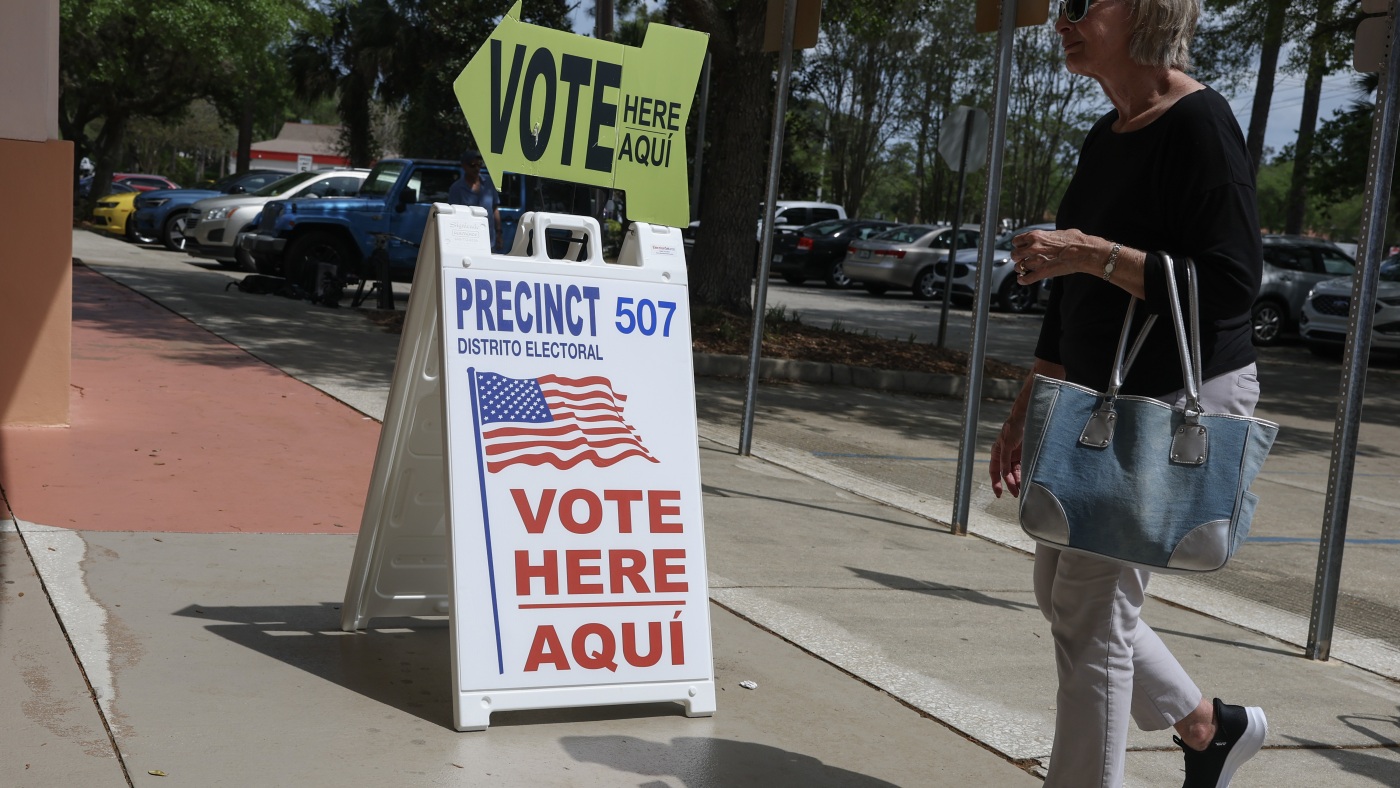
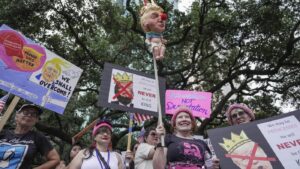
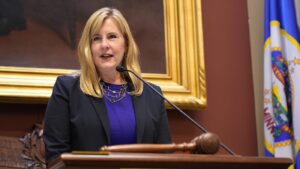
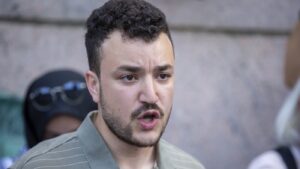
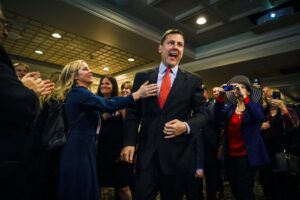
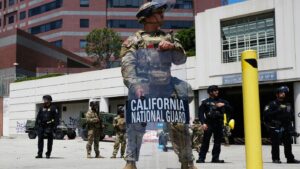
Be First to Comment